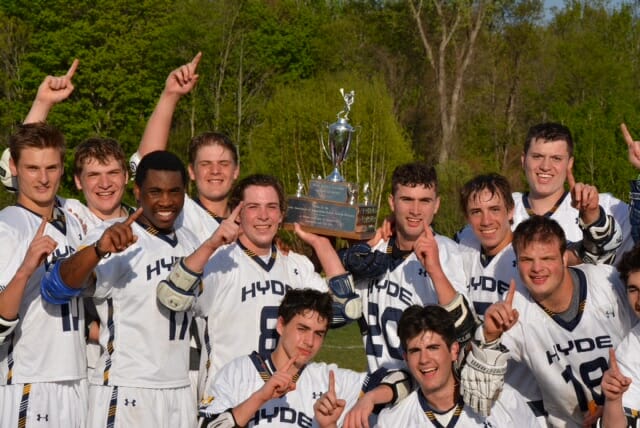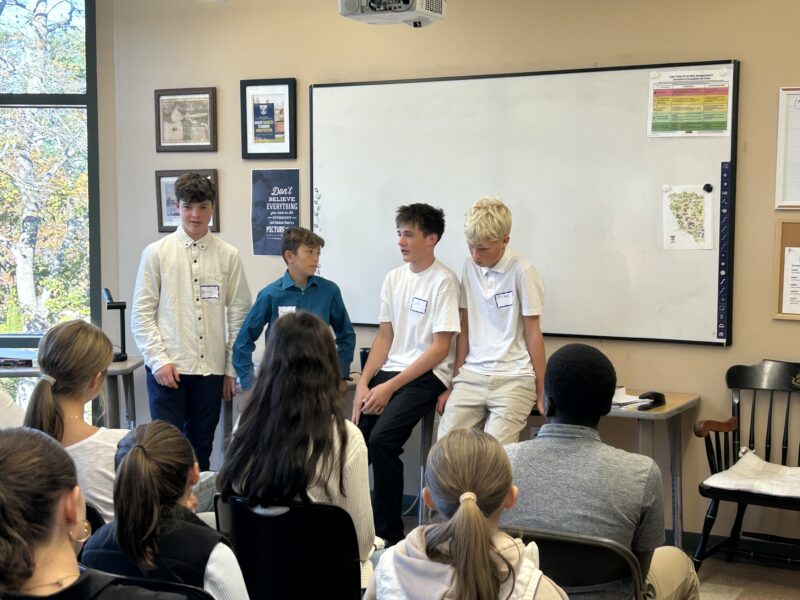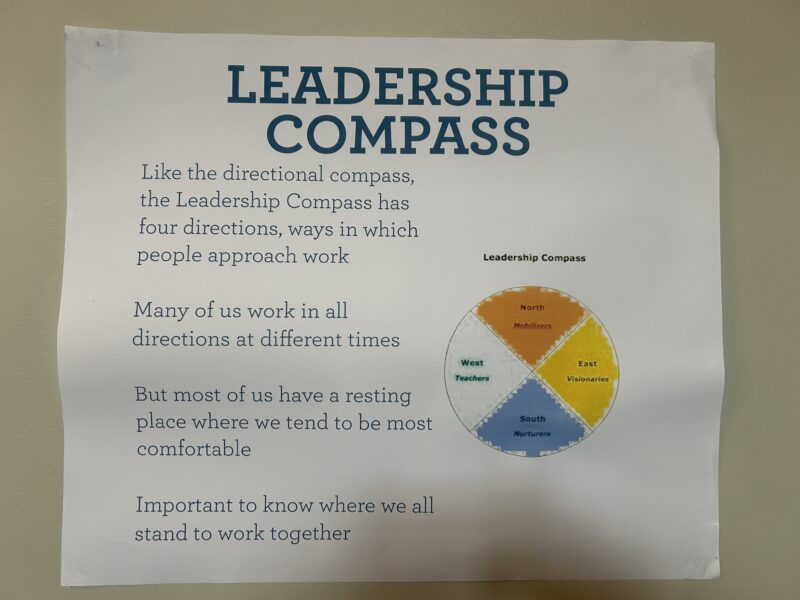This month marks the 12th anniversary of this blog. 800+ posts later, I continue to be surprised by the reactions of readers. Sometimes a post that I’m sure will incite vociferous reactions inspires not a peep of response. Other times I’ll dash off an off-the-cuff quickie and comments — pro and con — will gush forth. Oh, well…
So, I thought I’d take a look backwards and recycle some of the posts that, at the time of their original posting, got a fair amount of reaction from readers. As much as possible, these will be delivered unaltered and without comment.
First up, post dated August 18, 2015:
Unwarranted criticism is never fun. During my time at Hyde I’ve received some. I’ve watched my colleagues receive some. I’ve seen the school as a whole receive some.
“Unwarranted” in the eyes of whom? Time has a way of settling that one. Warranted tends to stick around. Unwarranted tends to go in and out with the tide. (And growing up in Bath, Maine, one learns to trust the tide.)
Then there is the “fool’s gold” of unwarranted praise. This occurs when students, alums, or parents attribute too much of their progress (especially that of the transformative variety) to me… my colleagues… or the school as a whole. It might feel good in the short term, but it can also set the stage for a future merry-go-round of dysfunction.
Having observed a fair amount of both phenomena, I’ve come to a “good news/bad news” conclusion:
1) Hyde can help show you what your best looks like.
2) Hyde can’t make you want to do your best.
Consider a teenager who has been told that he or she is very bright – Yeah, I know, that would be like every teenager in America, but work with me here. – But not working up to his or her potential. We’re good at getting that teenager to get to work.
Whatever the venue – a classroom, an athletic field, the performing arts stage, etc. – we can consistently demonstrate: “Kid, if you really gave your best effort in (insert endeavor here), here’s what it would look like.”

As a faculty, we owe it to each and every one of our students to do whatever we can to help him or her impress him- or herself. Sure, most want to impress their parents or their teachers, but they yearn to impress themselves. As exciting as it is when this happens, it also sets up the burden of a high expectation. More than a few alums come to resent this burden. Some need to go off and sow their wild oats for a while. But they do so with the knowledge that they not only possess a personal best, they have actually seen it. Intuitively, they know they possess the power to see it again.

Chances are, the Hyde faculty helped them see it by setting to the dogged task (And when it comes to the Hyde faculty, Dogged R Us!) of incentivizing, or inducing, or extracting best effort. Then, more often than not, the student and his or her parents like what they see. And sometimes they like it so much that the emotions turn to unwarranted praise:
– “He/she never could have done this without you.”
– “You gave my child character.”
– “You have transformed our family.”
Not to minimize the contributions of the faculty in these developments, because we surely do our part, but it’s more complicated than that. This brings us to Point #2:
I sometimes say to parents, “If I had the power to get your kids to grow up to want to be awesome as adults, I’d charge you a lot more than we do.” We might be able to show you and your child what his or her best looks like, but the decision as to whether he or she will genuinely buy into the whole “be the best possible you” idea during their adult years is a mixture of many influences, some of which are out of our hands. (e.g., See that whole nature vs. nurture thing.)
It’s not like we don’t have a clue as to what it’s about. In fact, we have determined that family dynamics are among the most powerful of these influences and that is why we devote so much of our program to them. The “winningest” combination I have witnessed is that of a teenager putting forth earnest enterprising effort coupled with a family engaged in ongoing honest inventory of its hopes, strengths, and challenges. As adept as the Hyde faculty has become at facilitating both components of this combination, we do not possess the power to instill long-term desire and commitment. That comes from within. In the end, it’s on you to bring that to the party.
Onward, Malcolm Gauld



